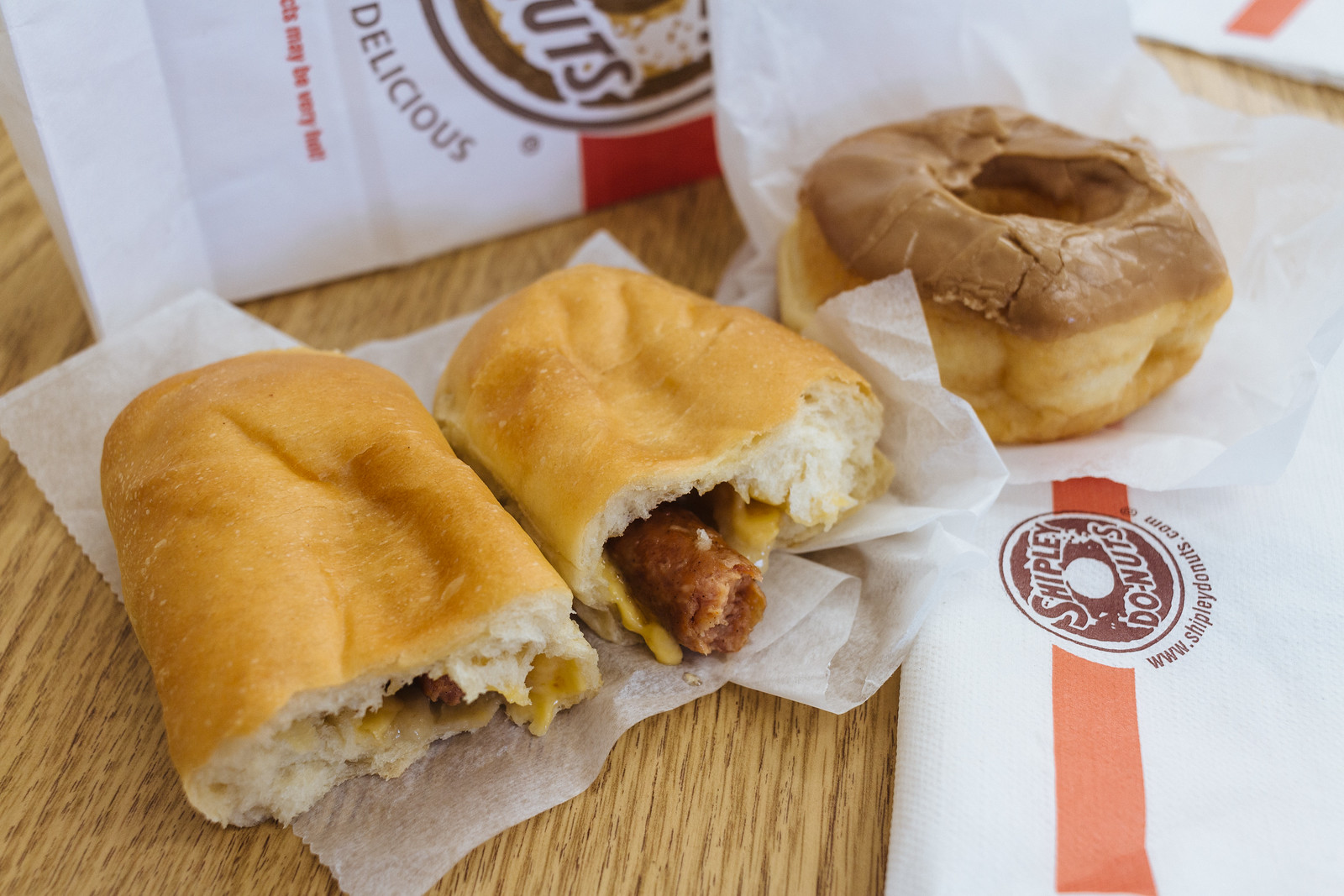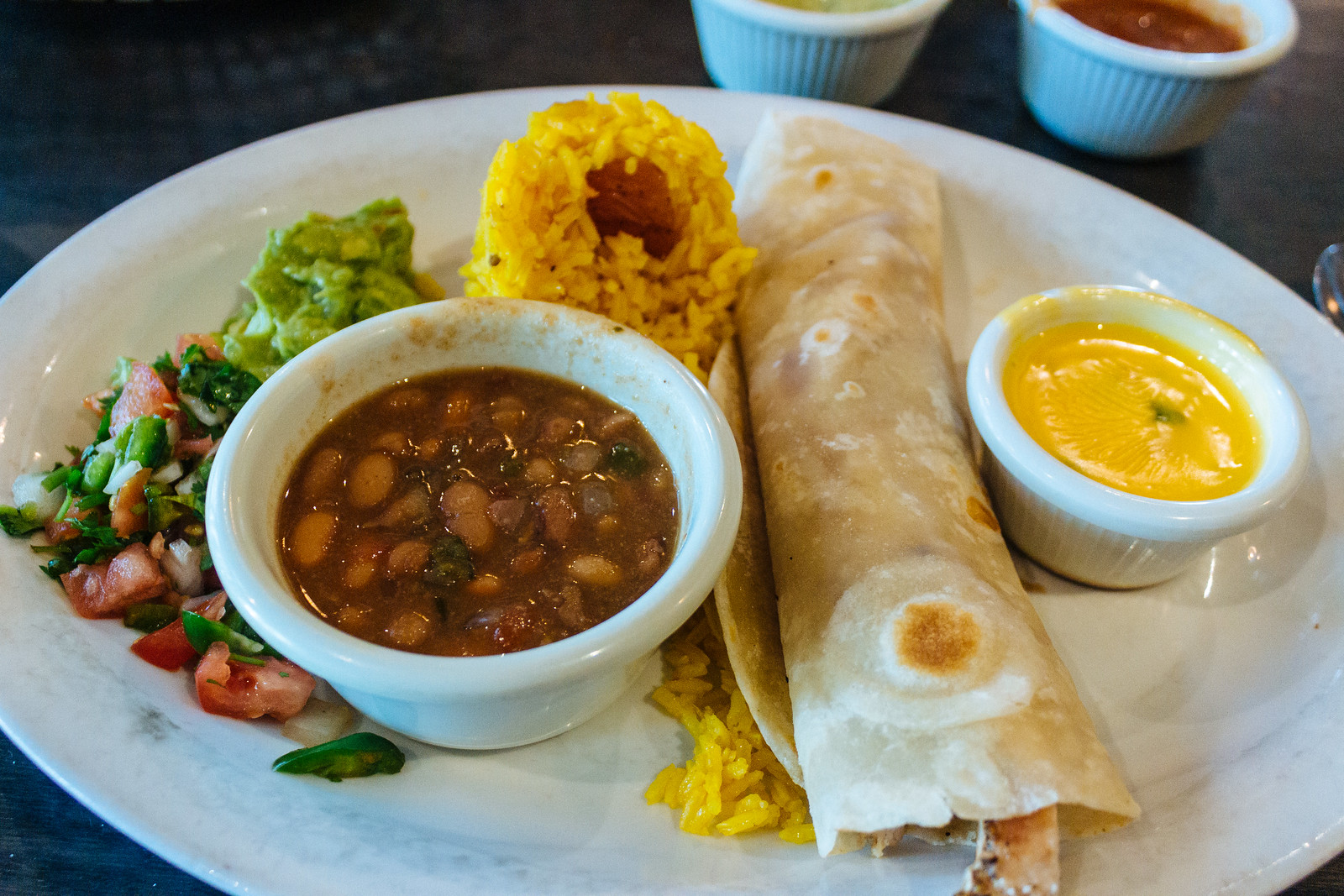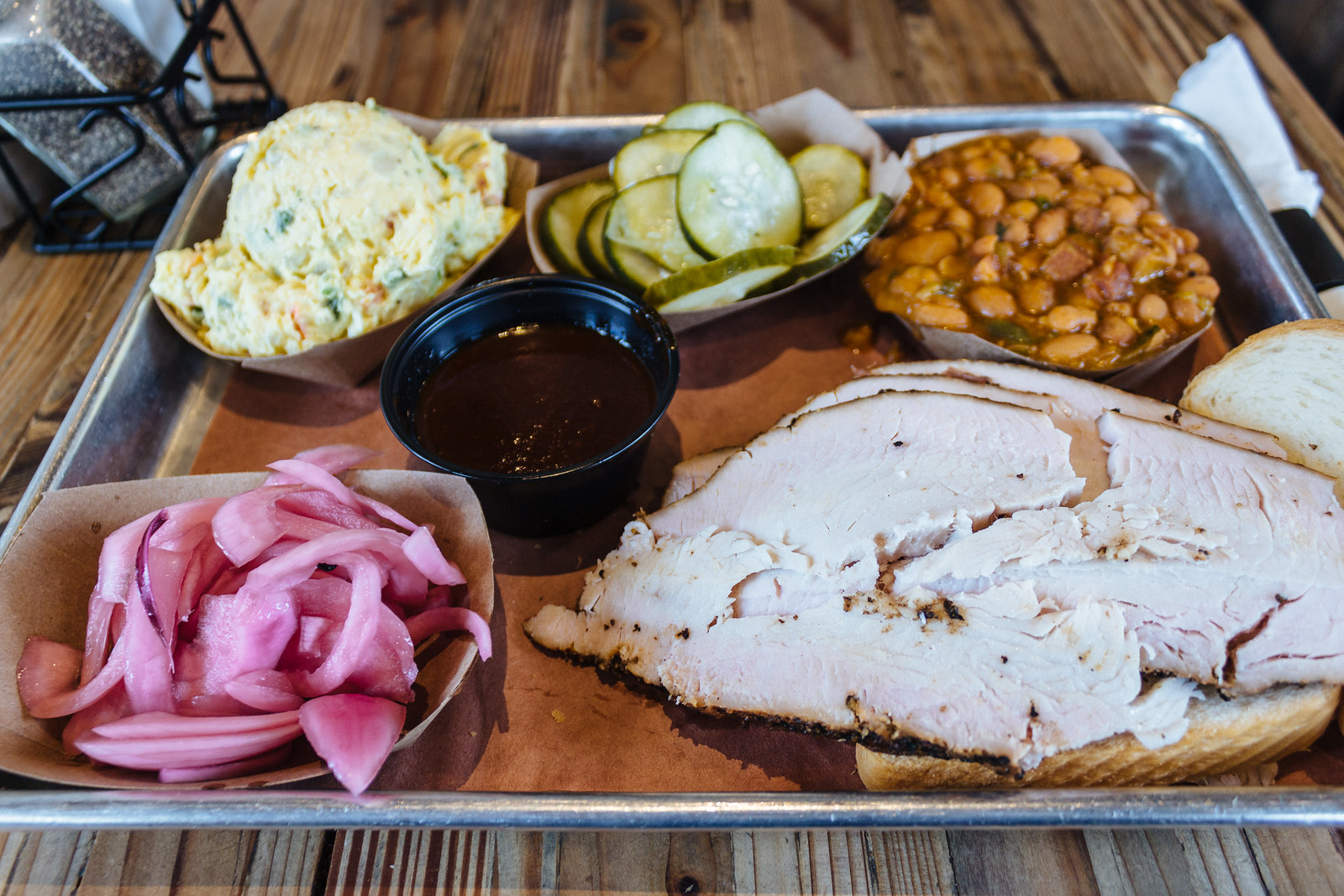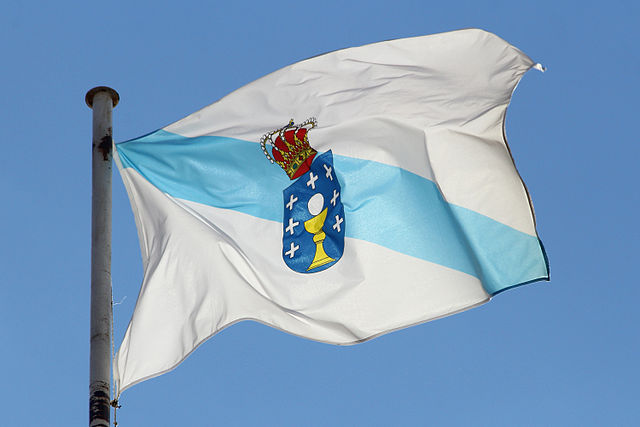5 Cuisines to Taste in Houston, Texas
The city of Houston on the Gulf Coast of Texas is tightly intertwined with the three years I was able to spend living and working in Spain. As a resident of Texas, I was required to make the journey to the Spanish consulate in Houston to formally submit my application for a visa that would let me live in the country during the upcoming school year. But because I wasn’t able to renew my legal status during the summers I spent back home in Dallas, I had to return to Houston not once, but twice, to do the same thing, all over again. Safe to say, I got to know the Megabus route and the Hostelling International hostel fairly well.
These brief, bureaucratic business trips left much to be desired, apart from a visit to see a Saturn V rocket out on the bay. Yet this vast city (the fourth biggest in the U.S.) has one of the best restaurant scenes in the country, with multiple culinary influences all contributing flavors, ingredients, methods, and more. In fact, the greater Houston metropolitan area is the most diverse place in the country.
So when my friend Michael and I decided to fly from Arizona to visit his hometown for Memorial Day this year, I was excited to have a chance to appreciate what makes H-town a special place: its rich variety of regional and international cuisines.
You’ll cross the Texas–Louisiana border after driving only a little more than 100 miles from Houston. Next-door Louisiana is where you can find the unique and lively Cajun culture, known for (among other things) a delicious regional cuisine. It shouldn’t be surprising then, that the Cajun influence extends down the Gulf into Houston; after all, many folks from southern Louisiana migrated here for work in the 20th century or resettled here in the wake of Hurricane Katrina.
The owners of Cajun Stop are a few such Katrina refugees who moved to Houston, setting up shop in the shadow of two busy downtown freeways. In addition to your typical po’boy sandwiches like fried shrimp or crawfish (pictured above), they also serve up earthy gumbo stew, fried chicken, hushpuppies—the works.
Cajun Stop (2130 Jefferson Street)
This entry isn’t so much a cuisine as a single item. If you walk into almost any donut shop in Texas, you’re sure to find a breakfast pastry called the kolache (pronounced “koh-LAH-chee”).
Although purists insist on restricting the name “kolache” to the fruit- or jam-topped variety (reserving “klobansek” for those containing meat), most everyone knows kolaches as fluffy, yeasty rolls stuffed with sausage, cheese, jalapeños, and more. Kolaches were first brought by Czech immigrants from central Europe who moved to central Texas in the late 1800s. Since then, these delectable pastries have spread to all corners of the state.
I found the (admittedly sad looking) kolache above at a Houston-based Shipley Do-Nuts in town. I grew up going to a Shipley’s north of Dallas for my donut-and-kolache fix, and while BoSa donuts are truly top-notch here in Phoenix, I miss the dated charm of a good Shipley’s.
Shipley Do-Nuts (401 Richmond Avenue, multiple locations)
After L.A. and San Jose, California, Houston is home to the third-largest Vietnamese population in the country. Vietnamese refugees arrived following the end of the Vietnam War and the fall of South Vietnam, settling in coastal California—and coastal Texas.
I tried pho for the first time (and struggled to eat it with a fork) at Pho Binh Westheimer while applying for a Spanish visa five years ago. When I returned to Houston, though, Michael took me to the upscale Mai’s Restaurant, where I slurped down a bowl of warm, flavorful broth and noodles (with chopsticks, this time!). This Houston institution has been gaining loyal fans from all communities in the city since 1978—it helps that they’re always open until 3 or 4 in the morning!
Mai’s Restaurant (3403 Milam Street)
No discussion of food in Houston is complete without talking about Tex-Mex, the state’s take on traditional Mexican cooking. Tex-Mex is distinguished from typical Mexican food by its use of flour tortillas, cheddar cheese, and plenty of ground beef and steak. It originated from the local Tejano cuisine that was gradually influenced by ranching culture and American goods like bright-yellow cheddar or industrial wheat flour.
The “Original Ninfa’s” on Navigation Boulevard is where you want to go to experience Tex-Mex at its finest. What began as a taco stand side-hustle by tortilla factory owner Ninfa Lourenzo quickly turned into her main gig, and Ninfa’s took off. Many credit her with popularizing the fajita, a make-your-own taco with ingredients like grilled chicken or steak served sizzling with peppers and onions.
The Original Ninfa’s on Navigation (2704 Navigation Boulevard)
Beef is king in Texas, thanks to the state’s glorification of cattle ranching over the centuries. Barbecue has long been the traditional way to prepare beef for my compatriots, and while I don’t eat beef anymore (since it contributes to the climate crisis), turkey and pork are always on my menu.
We stumbled into The Pit Room as a, uh, pit stop between the Menil Collection and our hostel in the Montrose neighborhood. The line stretched out the door and into the parking lot on a hot, sunny day, so we were grateful to get inside, sit down, and chow down on some food that’s hard to find in metropolitan Phoenix.
The Pit Room (1201 Richmond Avenue)
These brief, bureaucratic business trips left much to be desired, apart from a visit to see a Saturn V rocket out on the bay. Yet this vast city (the fourth biggest in the U.S.) has one of the best restaurant scenes in the country, with multiple culinary influences all contributing flavors, ingredients, methods, and more. In fact, the greater Houston metropolitan area is the most diverse place in the country.
So when my friend Michael and I decided to fly from Arizona to visit his hometown for Memorial Day this year, I was excited to have a chance to appreciate what makes H-town a special place: its rich variety of regional and international cuisines.
1) Cajun
 |
| Crawfish po’boy at Cajun Stop |
You’ll cross the Texas–Louisiana border after driving only a little more than 100 miles from Houston. Next-door Louisiana is where you can find the unique and lively Cajun culture, known for (among other things) a delicious regional cuisine. It shouldn’t be surprising then, that the Cajun influence extends down the Gulf into Houston; after all, many folks from southern Louisiana migrated here for work in the 20th century or resettled here in the wake of Hurricane Katrina.
The owners of Cajun Stop are a few such Katrina refugees who moved to Houston, setting up shop in the shadow of two busy downtown freeways. In addition to your typical po’boy sandwiches like fried shrimp or crawfish (pictured above), they also serve up earthy gumbo stew, fried chicken, hushpuppies—the works.
Cajun Stop (2130 Jefferson Street)
2) Czech
 |
| Kolache at Shipley Do-Nuts |
This entry isn’t so much a cuisine as a single item. If you walk into almost any donut shop in Texas, you’re sure to find a breakfast pastry called the kolache (pronounced “koh-LAH-chee”).
Although purists insist on restricting the name “kolache” to the fruit- or jam-topped variety (reserving “klobansek” for those containing meat), most everyone knows kolaches as fluffy, yeasty rolls stuffed with sausage, cheese, jalapeños, and more. Kolaches were first brought by Czech immigrants from central Europe who moved to central Texas in the late 1800s. Since then, these delectable pastries have spread to all corners of the state.
I found the (admittedly sad looking) kolache above at a Houston-based Shipley Do-Nuts in town. I grew up going to a Shipley’s north of Dallas for my donut-and-kolache fix, and while BoSa donuts are truly top-notch here in Phoenix, I miss the dated charm of a good Shipley’s.
Shipley Do-Nuts (401 Richmond Avenue, multiple locations)
3) Vietnamese
 |
| Chicken pho at Mai’s Restaurant |
After L.A. and San Jose, California, Houston is home to the third-largest Vietnamese population in the country. Vietnamese refugees arrived following the end of the Vietnam War and the fall of South Vietnam, settling in coastal California—and coastal Texas.
I tried pho for the first time (and struggled to eat it with a fork) at Pho Binh Westheimer while applying for a Spanish visa five years ago. When I returned to Houston, though, Michael took me to the upscale Mai’s Restaurant, where I slurped down a bowl of warm, flavorful broth and noodles (with chopsticks, this time!). This Houston institution has been gaining loyal fans from all communities in the city since 1978—it helps that they’re always open until 3 or 4 in the morning!
Mai’s Restaurant (3403 Milam Street)
4) Tex-Mex
 |
| Chicken fajita at Ninfa’s |
No discussion of food in Houston is complete without talking about Tex-Mex, the state’s take on traditional Mexican cooking. Tex-Mex is distinguished from typical Mexican food by its use of flour tortillas, cheddar cheese, and plenty of ground beef and steak. It originated from the local Tejano cuisine that was gradually influenced by ranching culture and American goods like bright-yellow cheddar or industrial wheat flour.
The “Original Ninfa’s” on Navigation Boulevard is where you want to go to experience Tex-Mex at its finest. What began as a taco stand side-hustle by tortilla factory owner Ninfa Lourenzo quickly turned into her main gig, and Ninfa’s took off. Many credit her with popularizing the fajita, a make-your-own taco with ingredients like grilled chicken or steak served sizzling with peppers and onions.
The Original Ninfa’s on Navigation (2704 Navigation Boulevard)
5) Barbecue
 |
| Barbecue turkey at The Pit Room |
Beef is king in Texas, thanks to the state’s glorification of cattle ranching over the centuries. Barbecue has long been the traditional way to prepare beef for my compatriots, and while I don’t eat beef anymore (since it contributes to the climate crisis), turkey and pork are always on my menu.
We stumbled into The Pit Room as a, uh, pit stop between the Menil Collection and our hostel in the Montrose neighborhood. The line stretched out the door and into the parking lot on a hot, sunny day, so we were grateful to get inside, sit down, and chow down on some food that’s hard to find in metropolitan Phoenix.
The Pit Room (1201 Richmond Avenue)

